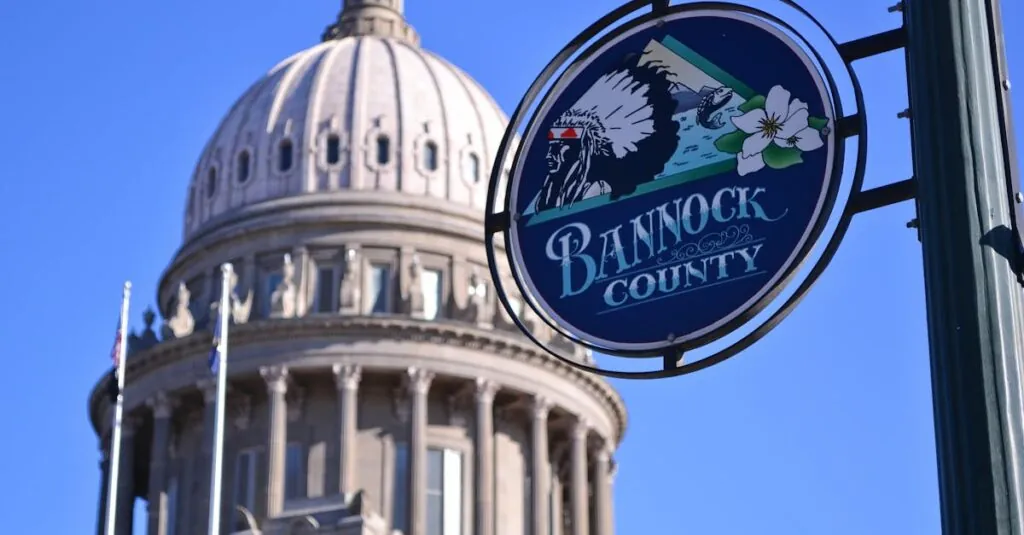In the wild world of politics, where laws are crafted and budgets are balanced, someone’s got to keep an eye on the action. Enter the legislative watchdogs—those unsung heroes sniffing out mischief in the halls of power. Think of them as the watchdogs of democracy, ready to bark at any hint of shenanigans while ensuring that lawmakers stay on their toes.
Overview of Legislative Watchdogs
Legislative watchdogs serve as crucial monitors of governmental actions. These entities focus on transparency and accountability within the legislative process. They investigate potential legal violations and report misconduct, ensuring that lawmakers adhere to ethical standards. Often comprised of independent organizations and civic groups, they operate without political bias to provide objective oversight.
Notable roles include tracking campaign contributions, analyzing legislative proposals, and assessing compliance with election laws. Advocates for this oversight emphasize its importance in preventing corruption and fostering public trust. In several instances, watchdogs expose any discrepancies in lawmakers’ financial disclosures, bringing to light potential conflicts of interest.
With tools such as public records requests and ethics complaints, watchdogs gather vital information. The information collected aids in providing informed analyses of legislative actions. Numerous legislative watchdog groups exist, each specializing in different aspects of governance.
Empirical data often shows a significant impact from watchdog oversight on legislative behavior. For example, states with active watchdog groups tend to exhibit lower rates of political corruption. This relationship underscores the pressing need for robust monitoring in every democratic system.
Ultimately, legislative watchdogs represent a pillar of accountability in the political landscape. Their operations ensure that citizens stay informed regarding their representatives’ actions. By holding lawmakers accountable, these organizations contribute to a healthier democratic process.
Functions of Legislative Watchdogs
Legislative watchdogs play essential roles in ensuring governmental accountability and transparency. Their functions can be categorized into various key areas.
Monitoring Legislation
Monitoring legislation involves closely tracking bills and laws that affect citizens. Watchdogs analyze proposed legislation to assess potential impacts, ensuring laws align with ethical standards. Frequent evaluations of these proposals often uncover hidden provisions that could harm public interests. Engaging with the public through various platforms, watchdogs encourage citizen feedback on legislative matters. This interaction fosters an informed electorate and enhances democratic participation. Furthermore, independent watchdog groups often publish reports on their findings, providing valuable insights into legislative processes.
Evaluating Government Actions
Evaluating government actions focuses on scrutinizing how officials carry out laws and policies. Watchdogs investigate compliance with established regulations and ethical guidelines, identifying any irregularities in governmental practices. Thorough analyses of campaign contributions and lobbying activities promote transparency in political finance. Watchdog organizations often collaborate with civic groups to amplify efforts in tracking government accountability. Public reporting of their evaluations contributes to higher standards of integrity within governmental operations. As a result, these evaluations help create a healthier political environment for all citizens.
Impact on Public Policy
Legislative watchdogs significantly influence public policy by ensuring accountability and transparency within government actions. Their oversight fosters a more informed citizenry, which strengthens democratic processes.
Case Studies
Successful interventions by legislative watchdogs provide compelling examples of their impact on public policy. In 2021, a watchdog group in Wisconsin uncovered irregularities in campaign contributions, leading to the resignation of a legislator. Similarly, a California-based organization exposed unethical lobbying practices, which prompted new regulations aimed at improving transparency in political finance. These case studies demonstrate how watchdogs can effect change, promoting higher ethical standards and restoring public trust in government.
Challenges Faced
Despite their crucial role, legislative watchdogs encounter several challenges. Limited resources often restrict their ability to conduct thorough investigations; financial constraints hinder comprehensive oversight. Additionally, some lawmakers resist transparency efforts, creating barriers that complicate watchdog activities. In states with stringent laws governing access to public records, watchdogs find it increasingly difficult to gather essential information. These challenges impede their effectiveness, yet watchdogs continue to advocate for greater accountability and reform in the political system.
Role of Technology in Oversight
Technology significantly enhances the capacity of legislative watchdogs in monitoring government actions. Digital tools facilitate the tracking of campaign contributions, enabling watchdogs to analyze financial flows and identify potential conflicts of interest. Online platforms provide access to legislative documents, ensuring watchdogs can scrutinize proposed bills efficiently.
Social media serves as another vital component, allowing watchdog organizations to connect with the public and disseminate information rapidly. Through these channels, groups can mobilize community awareness and engage citizens in advocacy efforts. Public reporting websites make data on government activities easily accessible, empowering voters to stay informed about their representatives.
Data analytics plays a crucial role in revealing patterns within legislative behavior. By analyzing voting records and campaign expenditures, watchdogs can identify discrepancies and ethical violations. Furthermore, advanced software assists in organizing and interpreting large datasets, streamlining the evaluation of legislative compliance with established laws.
Collaboration with tech companies fosters innovation within the oversight space. Partnerships often lead to the development of tools that automate the monitoring process, increasing efficiency and effectiveness. In addition, artificial intelligence analyzes vast amounts of data, allowing watchdogs to pinpoint issues that may require immediate attention.
Legislative bodies are urged to embrace transparency through technology. Open data initiatives enhance public access to information and facilitate accountability. As technology evolves, watchdogs must adapt, ensuring that they remain effective in fostering ethical governance and protecting democratic processes.
Legislative watchdogs play an indispensable role in safeguarding democracy by promoting accountability and transparency. Their tireless efforts to monitor governmental actions help ensure that lawmakers adhere to ethical standards and act in the best interests of the public. Despite facing challenges such as limited resources and resistance from some officials, these watchdogs remain committed to their mission.
As technology continues to evolve, so too does the capacity of watchdogs to enhance their oversight capabilities. By leveraging digital tools and engaging with the community, they empower citizens to stay informed and actively participate in the democratic process. Ultimately, the work of legislative watchdogs is crucial for fostering a political environment where integrity and transparency thrive.





